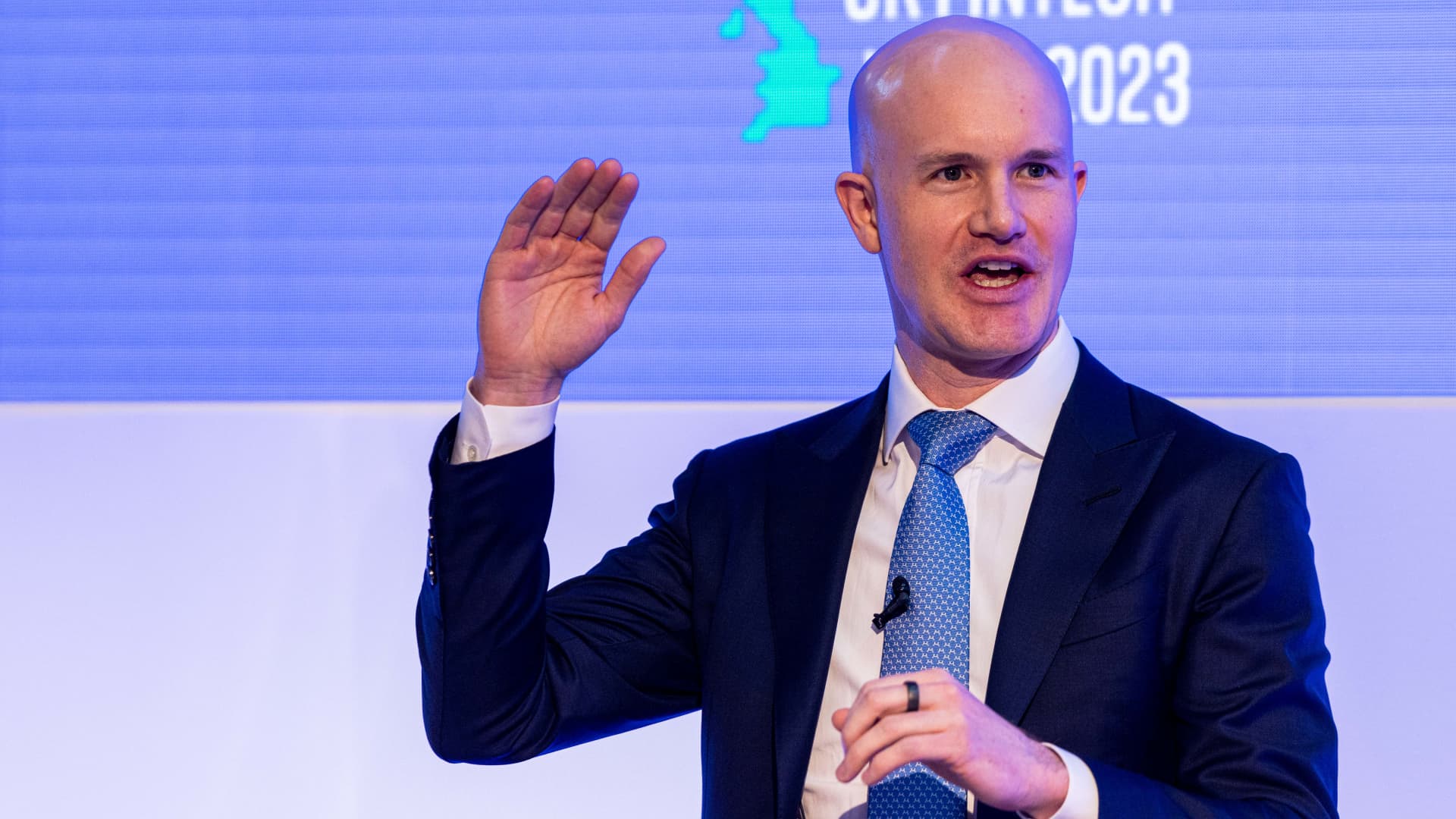If you’re just starting your financial journey, investing can feel a little daunting. With so many terms, platforms, and strategies to navigate, it’s easy to feel overwhelmed. But learning how to invest doesn’t need to be complicated. With the right knowledge and a few smart habits, anyone can begin building wealth through investing — even with modest means.
This guide is designed to break things down in a clear, accessible way, helping you understand what investing is, why it matters, and how to get started with confidence.
Why should you invest?
Saving money in a bank account is a good start, but inflation means your cash may lose value over time. Investing allows your money to grow, potentially beating inflation by putting it to work in assets like stocks, bonds, property, or funds.
Whether saving for retirement, a house, your children’s education, or simply wanting to improve your financial future, investing helps your money grow more effectively than traditional savings.
Understand the basics: What is investing?
At its core, investing means buying an asset with the expectation that it will generate a profit over time. This profit might come from increased value (capital gains) or regular income (such as dividends or interest payments).
Common types of investments include:
- Shares (stocks): Buying a piece of a company.
- Bonds: Lending money to a company or government in exchange for interest.
- Funds: Pooled investments managed by professionals.
- Property: Investing in real estate for rental income or value appreciation.
Understanding how to invest starts with knowing these building blocks.
1. Set your financial goals
Before diving into the investment world, be clear on what you want to achieve. Are you saving for a long-term goal like retirement, or something more immediate like a deposit for a home?
Your goals will influence:
- Your risk tolerance: Are you comfortable with market ups and downs?
- Your investment timeline: The longer your time horizon, the more risk you can typically afford to take.
- Your investment choices: Different assets suit different goals.
2. Build an emergency fund first
Before you invest, it’s wise to have a cash cushion — usually three to six months’ worth of expenses — in an easily accessible savings account. This gives you peace of mind and prevents you from dipping into your investments in case of unexpected costs.
3. Start small, but start early
Thanks to the power of compound interest, starting early is more important than starting big. Even small, regular investments can grow substantially over time. For example, investing just £50 a month could add up to thousands over a few decades, especially if reinvested and allowed to compound.
Don’t wait for a “perfect time” — it rarely comes. The key is consistency.
4. Learn about risk and diversification
Every investment carries some level of risk. Shares, for example, can go up and down in value quite quickly, while bonds tend to be more stable. Understanding how to invest wisely means balancing potential returns with acceptable risk.
A crucial principle is diversification — spreading your investments across different types of assets, sectors, or regions. This helps reduce the impact if one area performs poorly.
5. Choose the right platform
These days, there are many platforms available that make investing accessible for beginners. Look for:
- Low fees: Charges can eat into returns, especially over time.
- Ease of use: User-friendly design and educational content are a plus.
- Range of investment options: ETFs, ISAs, and ready-made portfolios are great for new investors.
If you’re in the UK, consider starting with a Stocks and Shares ISA, which allows you to invest up to £20,000 per tax year tax-free.
6. Consider funds and ETFs
Individual shares can be risky and time-consuming to research. A popular option for beginners is investing in funds or Exchange-Traded Funds (ETFs). These pool your money with other investors’ and spread it across many companies.
- Active funds are managed by professionals who choose what to invest in.
- Passive funds (like index trackers) follow a market index like the FTSE 100.
ETFs offer a low-cost, hands-off way to build a diversified portfolio.
7. Keep costs low
Fees and charges can significantly affect your investment returns over time. Watch out for:
- Fund management fees (TERs or OCFs)
- Platform fees
- Trading fees
Look for low-cost providers and investments with minimal ongoing charges.
8. Stay the course
Markets can be volatile — it’s part of the process. The key to long-term success is staying calm and avoiding panic selling when prices dip.
History shows that markets tend to recover, and those who stay invested typically outperform those who try to time the market. Have a long-term view and try not to check your portfolio every day.
9. Keep learning
Learning how to invest is a continuous process. Stay informed by reading books, listening to podcasts, or following credible financial news sources. A few recommended resources include:
- The Intelligent Investor by Benjamin Graham
- The Little Book of Common Sense Investing by John C. Bogle
- Podcasts like Meaningful Money or The Money to the Masses
Understanding investment principles and keeping up with market trends helps you make more informed decisions.
Know when to seek help
While many people enjoy DIY investing, you may prefer to speak with a financial adviser, especially if your situation is complex or you’re unsure of your choices. A qualified adviser can help tailor a plan to your goals and risk tolerance.
In the UK, look for advisers who are certified by the Chartered Insurance Institute (CII) or the Chartered Institute for Securities & Investment (CISI), and check if they are independent financial advisers (IFAs).
Learning how to invest is one of the most valuable skills you can develop for your financial future. It doesn’t require large amounts of money or a background in finance — just a willingness to learn, patience, and discipline.
Start small, stay consistent, and make decisions based on your goals rather than emotion. Over time, with some care and attention, your investments can help you build a secure and rewarding financial future.








